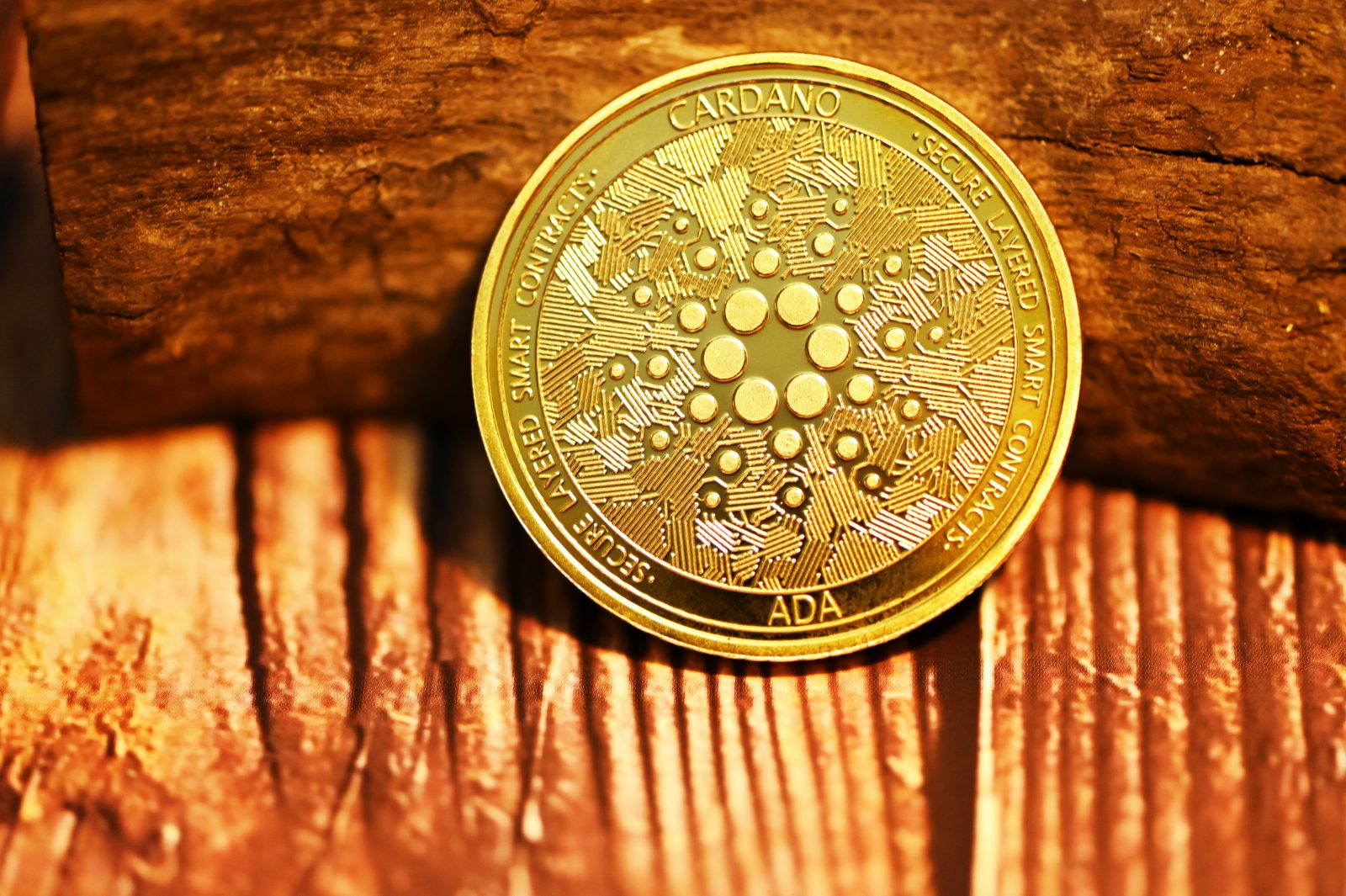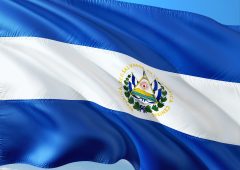Cardano Moves Forward with New Governance Strategy
09.12.2024 11:00 1 min. read Kosta Gushterov
Cardano has reached a significant milestone with the approval of its Constitution during a global conference in Argentina and Kenya on December 5-6.
The decision, backed by 95% of delegates, marks a key step toward strengthening the network’s decentralized governance.
The Constitution sets out guidelines for Cardano’s growth, decision-making, and Treasury management. It also lays the groundwork for a legal framework to address bad actors and outlines plans to make Cardano a DeFi hub, potentially holding assets like wrapped Bitcoin.
Charles Hoskinson, Cardano’s founder, emphasized the importance of this development in achieving a more resilient and capable ecosystem.
The Constitution will be reviewed by Cardano’s decentralized representatives (DReps) next month. Meanwhile, Cardano’s ecosystem continues to grow, with total transactions surpassing 100 million and the DeFi sector seeing significant growth, with TVL rising from $228 million to $686 million in November. ADA, the network’s native token, has surged 184% in the past month, now trading at $1.20.
Cardano’s rapidly expanding ecosystem and strengthened governance structure set the stage for a promising future.
-
1
Top 10 blockchains by transaction volume in June 2025
06.07.2025 16:00 2 min. read -
2
German State-Owned Development Bank Issues €100 Million Blockchain Bond
11.07.2025 7:00 2 min. read -
3
Tether Ends Support for Five Blockchains in Infrastructure Shift
12.07.2025 11:30 2 min. read -
4
Cardano and Ethereum Lead in Developer Activity as GitHub Commits Surge
14.07.2025 12:00 1 min. read -
5
BNB Chain Upgrades and Token Delistings Reshape Binance Ecosystem
16.07.2025 22:00 2 min. read
BNB Chain Upgrades and Token Delistings Reshape Binance Ecosystem
Binance continues to refine its ecosystem in 2025, with major updates spanning performance upgrades, token listings and removals, and new token launches—all reinforcing its focus on scalability and innovation.
Ripple Powers UAE’s First Tokenized Real Estate Project via XRPL
Ripple has taken a major step in expanding its institutional digital asset infrastructure in the Middle East by partnering with Ctrl Alt to support Dubai’s first government-backed real estate tokenization initiative.
Cardano and Ethereum Lead in Developer Activity as GitHub Commits Surge
Recent GitHub data reveals which blockchain ecosystems and individual projects attracted the most developer attention last week—a key signal of long-term project strength.
Tether Ends Support for Five Blockchains in Infrastructure Shift
Tether, the leading issuer of stablecoins, is phasing out support for five older blockchains.
-
1
Top 10 blockchains by transaction volume in June 2025
06.07.2025 16:00 2 min. read -
2
German State-Owned Development Bank Issues €100 Million Blockchain Bond
11.07.2025 7:00 2 min. read -
3
Tether Ends Support for Five Blockchains in Infrastructure Shift
12.07.2025 11:30 2 min. read -
4
Cardano and Ethereum Lead in Developer Activity as GitHub Commits Surge
14.07.2025 12:00 1 min. read -
5
BNB Chain Upgrades and Token Delistings Reshape Binance Ecosystem
16.07.2025 22:00 2 min. read


